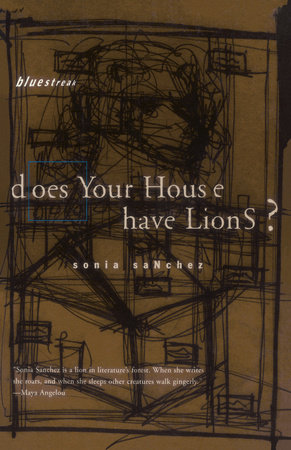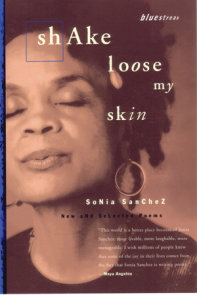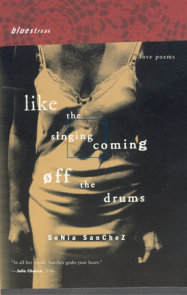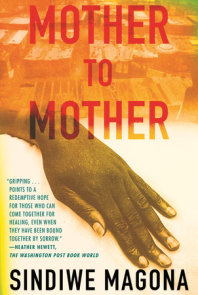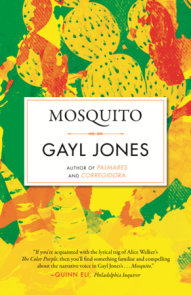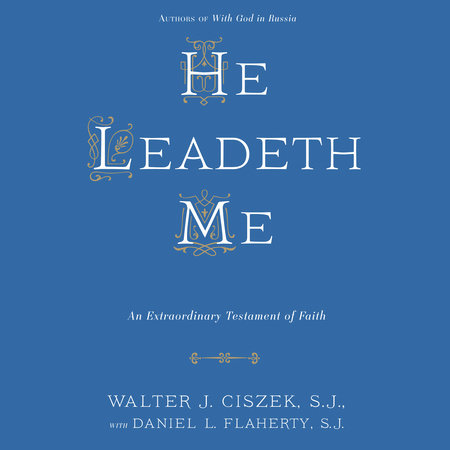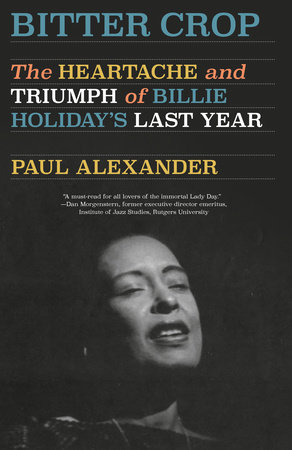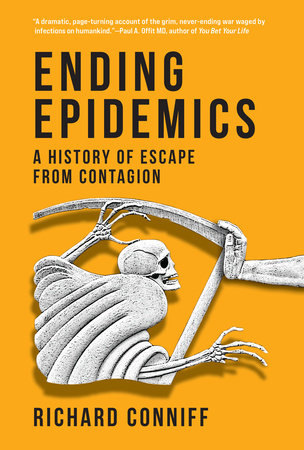

Does Your House Have Lions?
By Sonia Sanchez
By Sonia Sanchez
By Sonia Sanchez
By Sonia Sanchez
Part of Bluestreak
Part of Bluestreak
-
$18.00
Jan 28, 1998 | ISBN 9780807068311
-
Sep 15, 2015 | ISBN 9780807069523
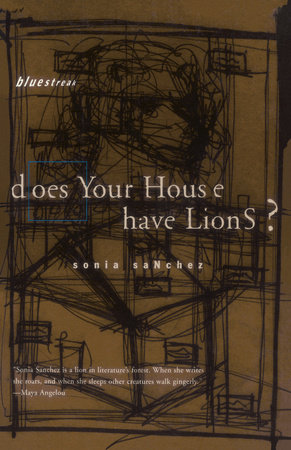
-
$18.00
Jan 28, 1998 | ISBN 9780807068311
-
Sep 15, 2015 | ISBN 9780807069523
YOU MAY ALSO LIKE
Praise
One of our more overlooked older poets, Sanchez writes concise, wounded poems that work on the page as well as aloud. A tragedy of sorts written in terse terza rima, this short narrative poem mourns the poet’s half-brother’s death from AIDS. Borrowing techniques from Greek tragedy and African ritual storytelling and song, it has a section for each speaker: sister, brother, father, and chorus of ancestors. Permeated with the pain of abandonment—the abandoner’s, as well as the victim’s—the poem is a road map for the disintegrating family: ‘this father always a guest/ never a permanent resident of my veins/ always a traveler to other terrains.’ It fades into disembodied voices at the end, the brother’s death being one terminus of the ancestral line. But it is the ancestors who offer strength and permanence because they have turned suffering into a stoical wisdom. Interesting and moving. —Library Journal
“Well-versed jazz fans will recognize the title of Sanchez’s book-length poem as something sax and flute virtuoso Rahsaan Roland Kirk said. That musical association is appropriate: this is a musical poem, cast in the voices of a woman, her half-brother, his mother, their father, and, in the last of its four sections, ancestors, including distant African forebears. The story the poem’s seven-line stanzas (rhymed ababbcc and appearing one per page) unfold is one of wayward men and familially faithful women. Father cut out when the son was little, and the son, when a teenager, left to pursue a faster life in New York City. But the son, who, we gather from hints in the imagery, is gay, has become mortally ill—with AIDS, further images hint, though neither sickness nor sexuality is named. His crisis brings the family voices together, and Sanchez’s brilliant imagery, more evocative with every reading, makes them resound with life and emotion. The last stanza, in which ancestral voices call the son’s spirit home to Africa, is designated ‘To be sung.’ The whole poem sings and would make a splendid theatrical performance—with music.” —Booklist






